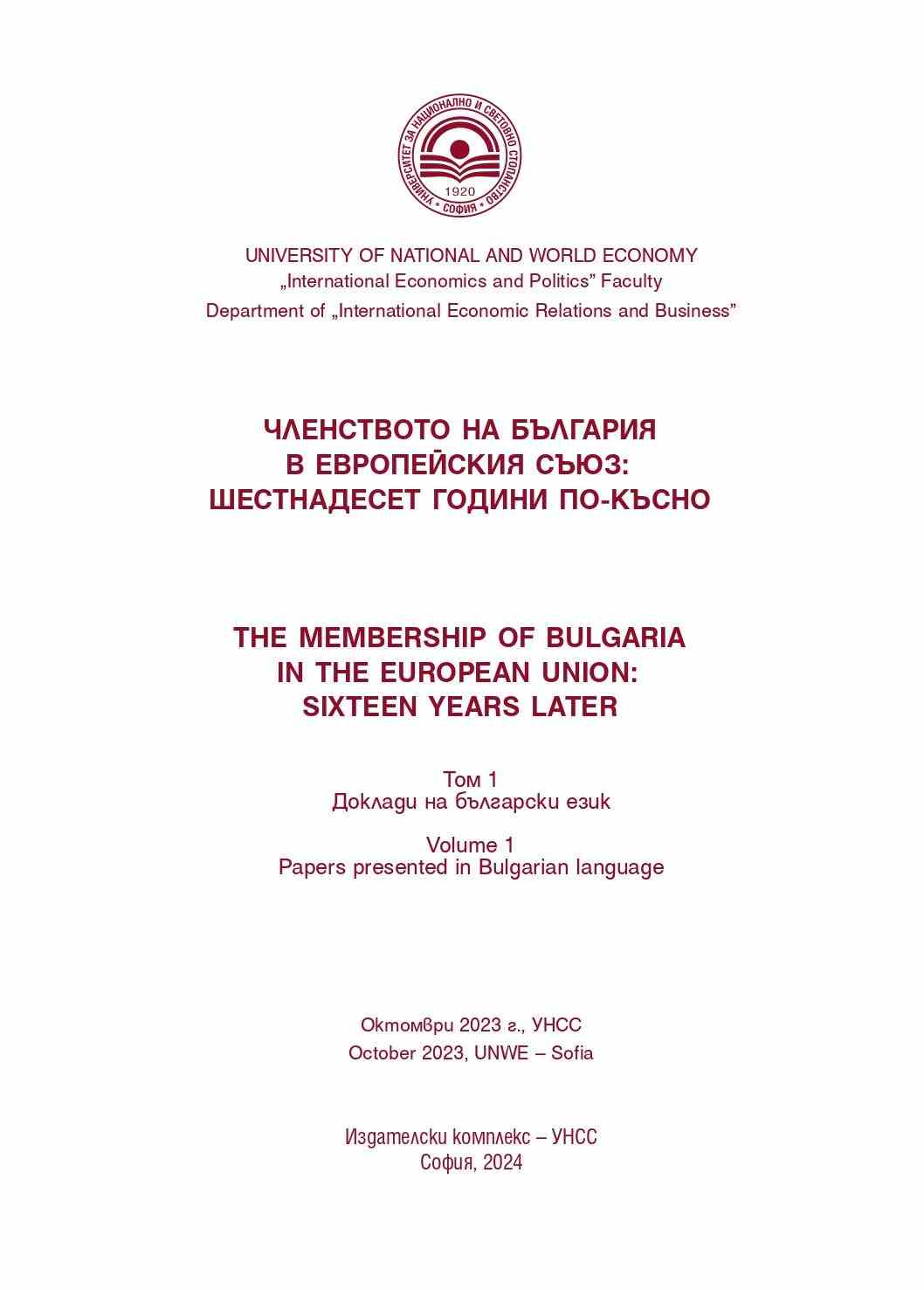
Wyższy poziom zarządzania ryzykiem celnym w nowym prawie celnym Unii Europejskiej
Purpose: The purpose of this study is to demonstrate whether the proposed changes to European Union customs law actually justify the claim that the customs union will be introduced to the next level, based on customs risk management. Design/methodology/approach: The author performs a comparative analysis of the currently functioning customs regulations of the European Union (mainly the EU Customs Code) in the field of customs risk management, the practical approach to risk on the example of the Polish National Tax Administration (KAS) with the change in the European Union customs law regulations planned by the European Commission. The scope of the analysis includes terminology regarding customs risk used in regulations, IT tools, organisational structures of customs administration and the methodology currently used. Further, the study presents the new philosophy of customs risk management, included in the draft of the new Customs Code of the European Union, including the justification for the project. Findings: It is a bit too early to be able to clearly confirm whether the customs union, which is the basis of the European Union, will actually be used and managed at a higher level than now. The reason for this is the lack of all planned regulations, including implementing ones, specifying individual issues of the practical functioning of the new risk-based approach. However, the European Commission’s plans to build a new customs risk management system at the EU level should be assessed positively.
More...

